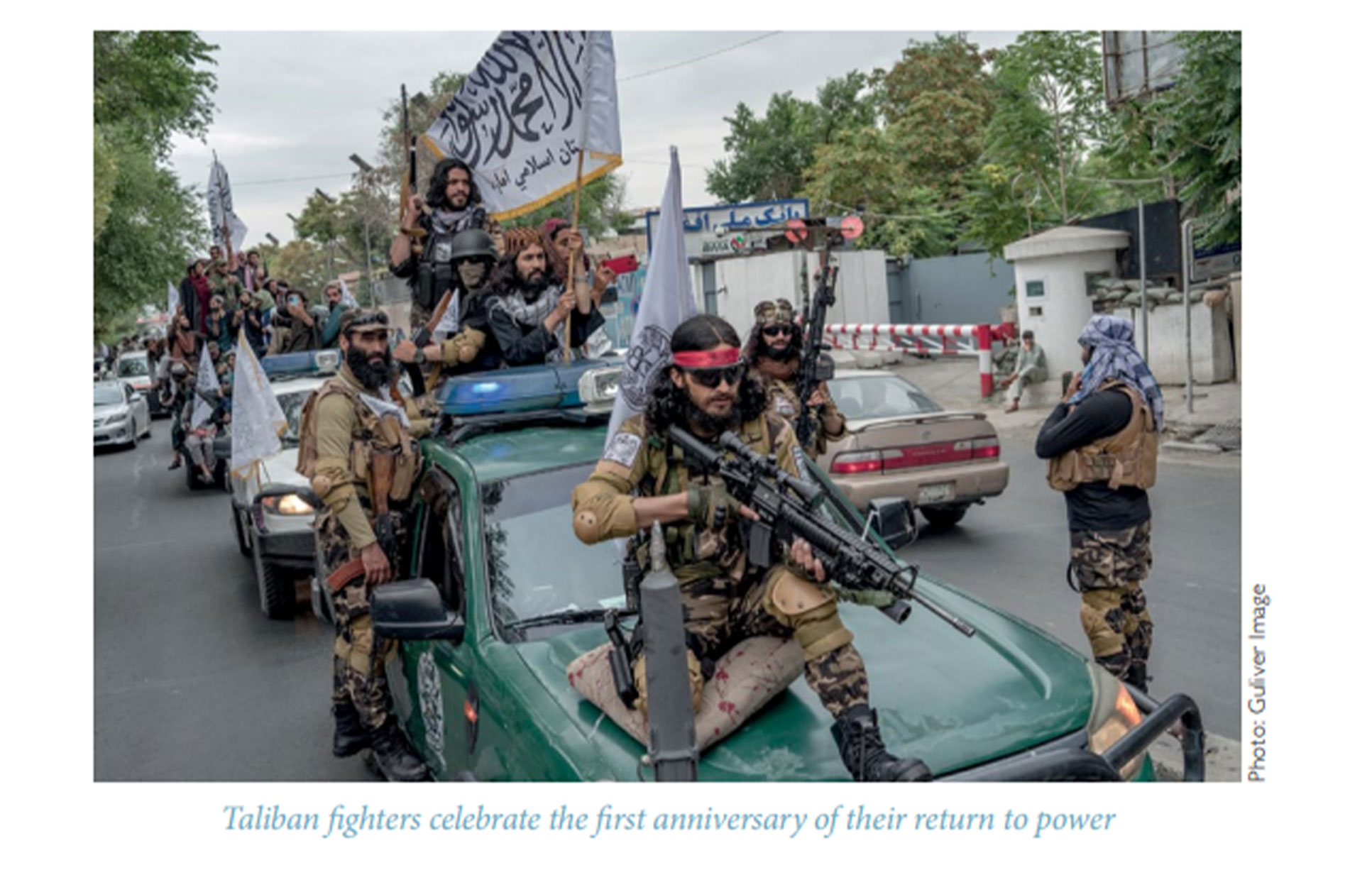 Mladen Mrdalj is an International Relations Lecturer at Webster University in Tashkent, Uzbekistan, having formerly held a number of research and academic positions across the Americas, Europe, and Asia. He would like to thank Sonila Sonila for her research efforts and assistance in writing this essay. You may follow him on Twitter @mladen_mrdalj.
Mladen Mrdalj is an International Relations Lecturer at Webster University in Tashkent, Uzbekistan, having formerly held a number of research and academic positions across the Americas, Europe, and Asia. He would like to thank Sonila Sonila for her research efforts and assistance in writing this essay. You may follow him on Twitter @mladen_mrdalj.
It was a hot day in Tashkent in late May 2022. A diplomat from the Afghan embassy expressed regrets for not being able to host our group of students from Boston. The reason? A Taliban delegation from Kabul was visiting. While disappointed that I would miss the opportunity to visit Afghanistan’s embassy, knowing that the Taliban were so close felt somewhat unnerving yet also quite thought-provoking.
What is to be done with Afghanistan? What principles should guide our thinking about the country? Can we afford to reject the Taliban government until they adopt Western—or at least regional—human rights standards? Can we prioritize the human right not to starve to death over women’s rights to education? Next, should the West passively observe Afghanistan’s integration with the Chinese Belt and Road Initiative (BRI), effectively helping extend the Chinese infrastructure web to the ports of the Indian Ocean and Beijing’s two major allies: Pakistan and Iran? Should Russia and India do anything about it?

The aforementioned delegation was most likely preparing for the July 2022 international conference on Afghanistan, whose topic unsurprisingly revolved around the Taliban. The event hosted delegations from more than 30 countries including China, the United States, and Russia. It also featured high-level dignitaries from multilateral organization such as the UN.







